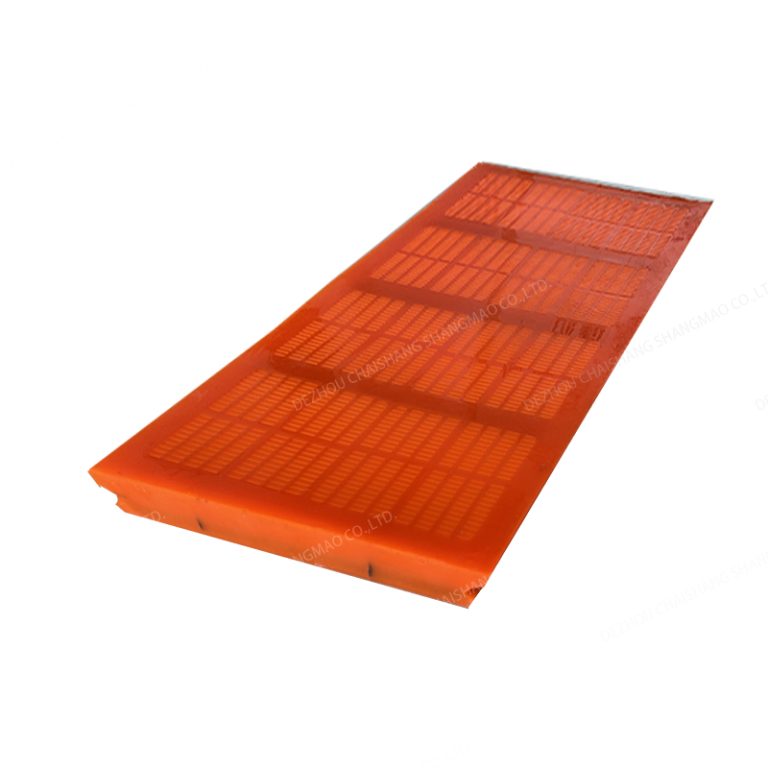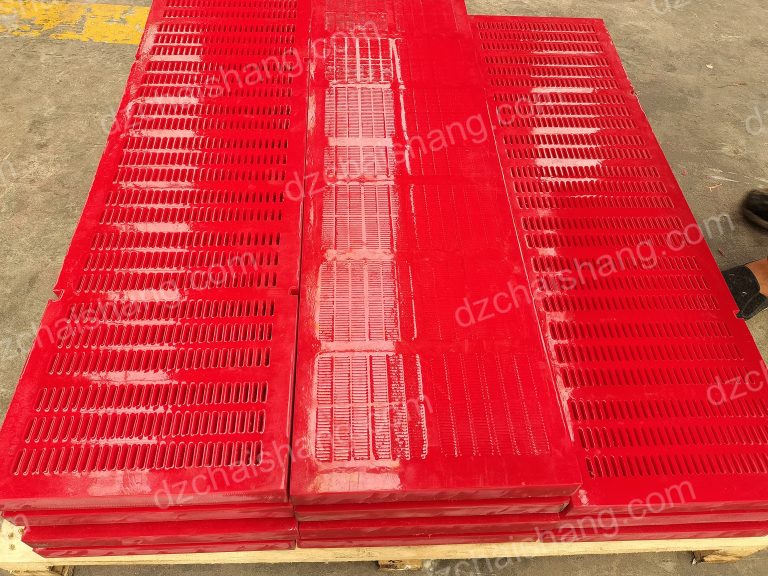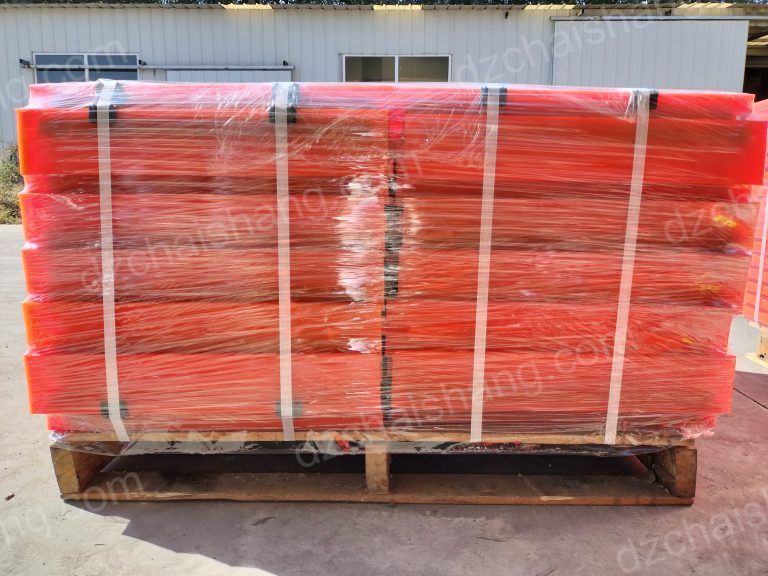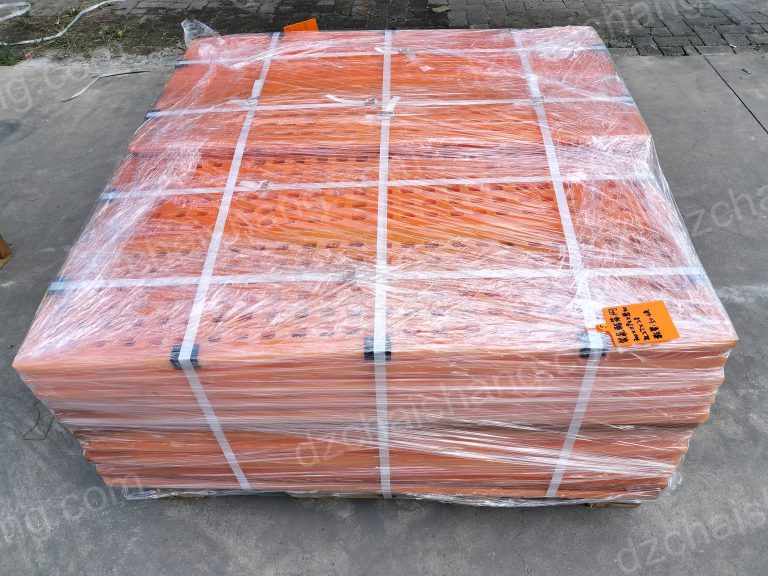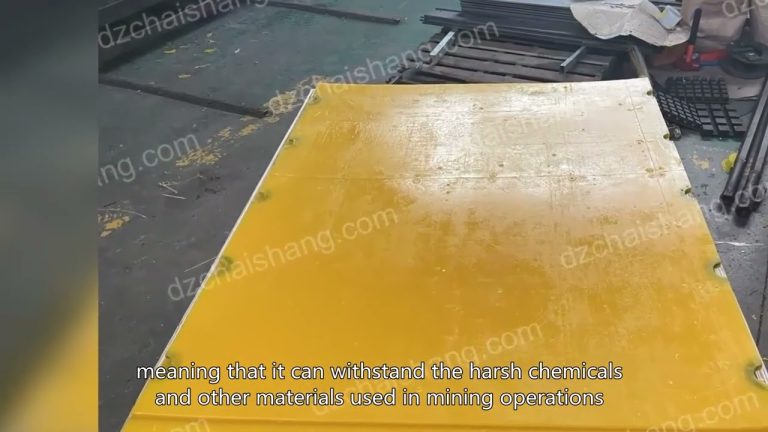Benefits And Applications Of polyurethane screen panels In Vibrating screens
Polyurethane screen panels are widely used in vibrating screens due to their unique properties and benefits. These panels are made from a highly durable material known as polyurethane, which is a versatile polymer composed of organic units joined by urethane links. The material is known for its exceptional resistance to abrasion, wear, and tearing, making it an ideal choice for screening applications in various industries. One of the primary benefits of polyurethane screen panels is their high resistance to wear and abrasion. This is particularly important in industries such as mining, quarrying, and aggregate processing, where materials being screened are often abrasive and can cause significant wear to the screening surface. Polyurethane’s superior wear resistance ensures that the screen panels have a longer lifespan compared to other materials such as wire mesh or rubber. This not only reduces the frequency of screen replacements but also minimizes downtime and maintenance costs, leading to increased productivity and profitability. Furthermore, polyurethane screen panels offer excellent flexibility and elasticity, which allows them to absorb impact and reduce the risk of breakage. This is especially beneficial when screening heavy or sharp materials that can cause damage to rigid screening surfaces. The flexibility of polyurethane also helps to minimize the noise generated during the screening process, creating a quieter and more comfortable working environment.Another advantage of polyurethane screen panels is their ability to maintain precise and consistent aperture sizes. This is crucial for achieving accurate particle size separation and ensuring the quality of the final product. Polyurethane’s dimensional stability and resistance to deformation under load mean that the aperture sizes remain consistent even under heavy or prolonged use. This results in more efficient screening and better control over the size distribution of the screened material. In addition to their functional benefits, polyurethane screen panels are also environmentally friendly. They are manufactured using a process that produces minimal waste and emissions, and the material itself is recyclable. This makes polyurethane an attractive option for companies looking to reduce their environmental impact and comply with sustainability regulations. Polyurethane screen panels are used in a wide range of applications across various industries. In the mining industry, they are used for the classification and separation of minerals, coal, and other mined materials. In the aggregate processing industry, they are used for screening sand, gravel, and crushed stone. They are also used in the recycling industry for the separation of recyclable materials such as plastics, metals, and glass. Moreover, polyurethane screen panels can be customized to meet specific application requirements. They are available in a variety of thicknesses, aperture shapes, and sizes, and can be designed to fit any type of vibrating screen. This versatility makes them suitable for use in both wet and dry screening applications, and for handling a wide range of materials from fine powders to coarse aggregates.
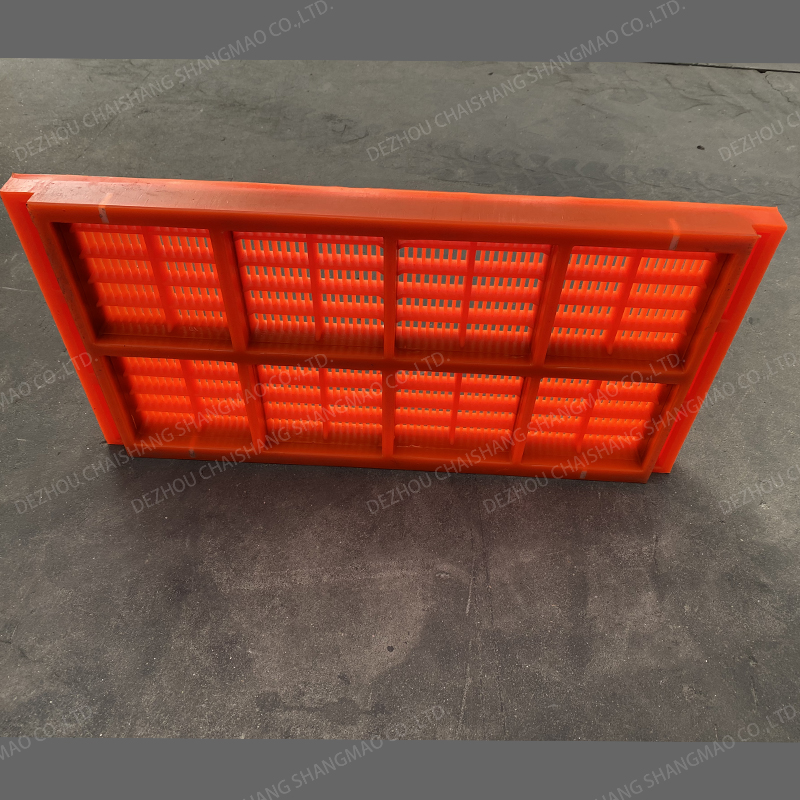
In conclusion, polyurethane screen panels offer numerous benefits and are an essential component of vibrating screens in many industries. Their durability, flexibility, and precision make them an ideal choice for efficient and effective screening operations. With their environmental benefits and customizable features, polyurethane screen panels continue to be a popular choice for companies seeking to optimize their screening processes and achieve sustainable production goals.

